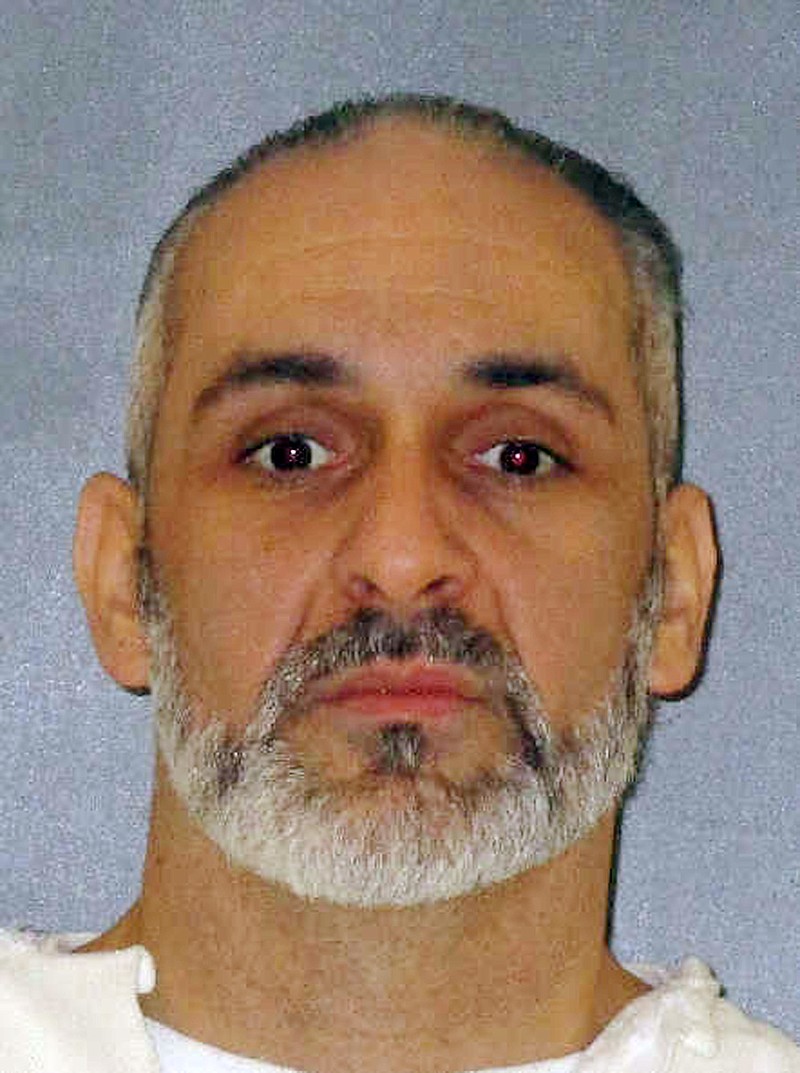HOUSTON-A federal appeals court has refused an appeal from a Dallas man on death row for the 2005 slaying of an 11-year-old girl who was repeatedly sexually assaulted and strangled and whose body was hidden in a trash bag under a trailer home in her neighborhood.
The Wednesday evening decision from the 5th U.S. Circuit Court of Appeals in the case of Steven Lynn Long affirmed a similar ruling earlier this year from a federal district judge and moves the 45-year-old prisoner a step closer to lethal injection, though he does not yet have an execution date.
Kaitlyn Briana Smith was reported missing May 20, 2005, after spending the night at a friend's home across the street. Her grandfather found her body under a nearby vacant trailer where he noticed the mobile home's skirting had been disturbed.
Investigators determined Long had been staying at the same home where Kaitlyn spent the night after his mother, who also lived in the same mobile home park, kicked him out. Police found a bloody fingerprint near the girl's body and matched it to Long.
Arrest documents showed he told police an alter ego he called "Pretty Boy" killed Kaitlyn. Long's appeal contended he was intellectually disabled, making him ineligible for the death penalty, and that he should be allowed a second evidentiary court hearing to contest findings that he deliberately performed poorly on IQ assessment tests, a behavior known as malingering.
"The district court's decisions that Long was tested for intellectual disability, that he malingered on those tests, and that he was afforded adequate process are not debatable among jurists of reason," a three-judge panel of the New Orleans-based 5th Circuit said in its ruling.
Long's appellate attorney, T. Scott Smith, did not immediately respond to messages Thursday from The
Associated Press.
The appeals court said that while Long struggled in school, never lived independently and had "difficulty in the workplace," evidence showed his conduct was the result of drug use, behavioral problems, lack of motivation and a dysfunctional family environment. The court pointed out that Long's trial lawyer had testified at the federal court hearing that experts told him they did not believe Long was intellectually disabled.
Texas prison records show in 1995 he received a 10-year sentence for attempted murder in Dallas.

